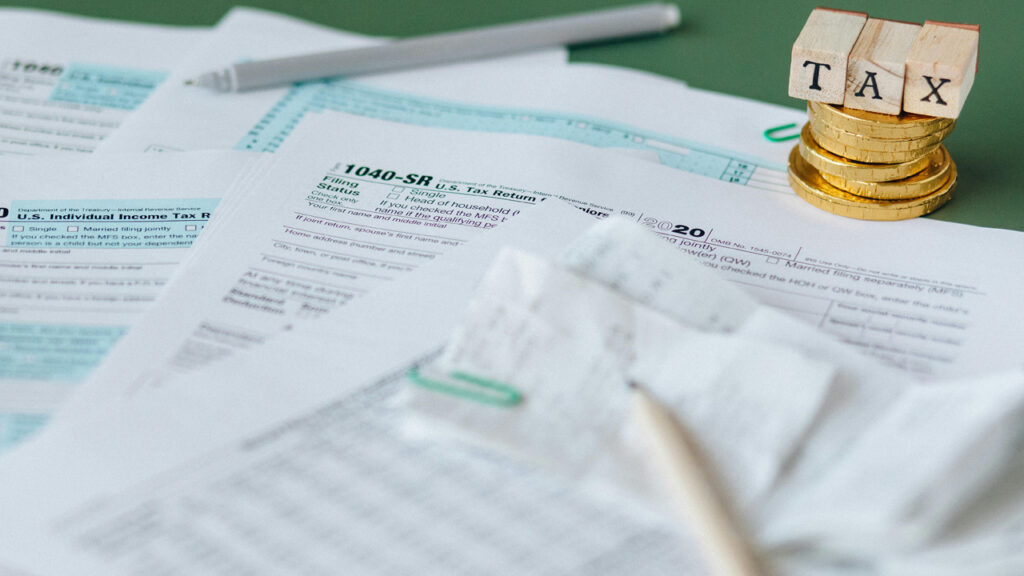Paying off your mortgage is a financial milestone that comes with more than just peace of mind. You now have full ownership of your home, no monthly mortgage payments, and a new set of responsibilities to keep everything running smoothly. It also opens the door to new opportunities, both financially and emotionally. Here’s what happens next—and what you need to stay on top of.
You’ll Receive Final Documents from Your Lender

Once the last payment clears, your lender will start wrapping things up on their end. You’ll likely receive a stack of documents confirming your mortgage is officially paid off. These may include a canceled promissory note, a payoff letter, and a certificate of satisfaction. If you had an escrow account, you’ll also receive any leftover funds. (Source: Experian)
Make sure to keep everything in a safe place. These documents prove you fully own your home and that the lender no longer has a legal claim to it.
You’re Now in Charge of Paying Property Taxes and Insurance

Your mortgage company probably handled property taxes and homeowners insurance through an escrow account. Now, it’s on you. That means making sure your insurance stays active and your taxes get paid on time, either annually or in installments depending on your location. (Source: Bankrate)
If you don’t update your insurance policy, it might still list your lender as a mortgagee. You’ll want to remove them and confirm your coverage is current.
Your Escrow Account Is Closed

When your mortgage is done, your escrow account is closed too. Any leftover funds will be refunded—usually within about 20 days. After that, you’ll be responsible for setting up your own payment systems for both property taxes and insurance.
It’s a good idea to set calendar reminders or automate these payments so nothing slips through the cracks. Missing a tax bill can lead to penalties or even a lien on your home.
You May Notice a Change in Your Credit Score

Paying off your mortgage might nudge your credit score slightly, either up or down. Without a mortgage on your record, your credit mix becomes less diverse, which can drop your score a few points. But you also have less total debt, which can help. (Source: Equifax)
Keep an eye on your credit reports for a few months after the loan is closed. If the mortgage isn’t marked as paid off, contact your lender and the credit bureaus to update it.
Update Your Accountant

Your mortgage interest deduction will disappear, so your tax situation may shift. Let your accountant know you’ve paid off your home so they can factor that into your returns. While you’ll lose that deduction, you might free up cash to invest, save, or put toward other financial goals.
You may also be able to increase retirement contributions, build a more robust emergency fund, or finally start those home improvement projects you’ve been putting off.
You Have More Flexibility With Your Money

Without a monthly mortgage to cover, you now have extra cash flow. That flexibility can go toward paying off higher-interest debt, investing in your future, or simply creating a larger financial cushion.
It’s important to be intentional about what you do with that freed-up money. A paid-off home is great, but it’s still a locked-up asset. Having liquid savings and smart investments alongside it gives you more options.
Should You Pay Off Your Mortgage Early?

It depends. If your mortgage interest rate is low and you’re making solid returns elsewhere, early payoff may not be the smartest move. But if you value financial security and already have other priorities covered—like retirement savings and emergency funds—paying it off can bring peace of mind. (Source: SmartAsset)
Just make sure you’re not draining liquidity to do it. Tying up too much money in your home can limit flexibility during uncertain times. Still, when done strategically, owning your home outright can be a major financial win.

Alexander Clark is a financial writer with a knack for breaking down complex market trends and economic shifts. As a contributor to The Daily Overview, he offers readers clear, insightful analysis on everything from market movements to personal finance strategies. With a keen eye for detail and a passion for keeping up with the fast-paced world of finance, Alexander strives to make financial news accessible and engaging for everyone.


